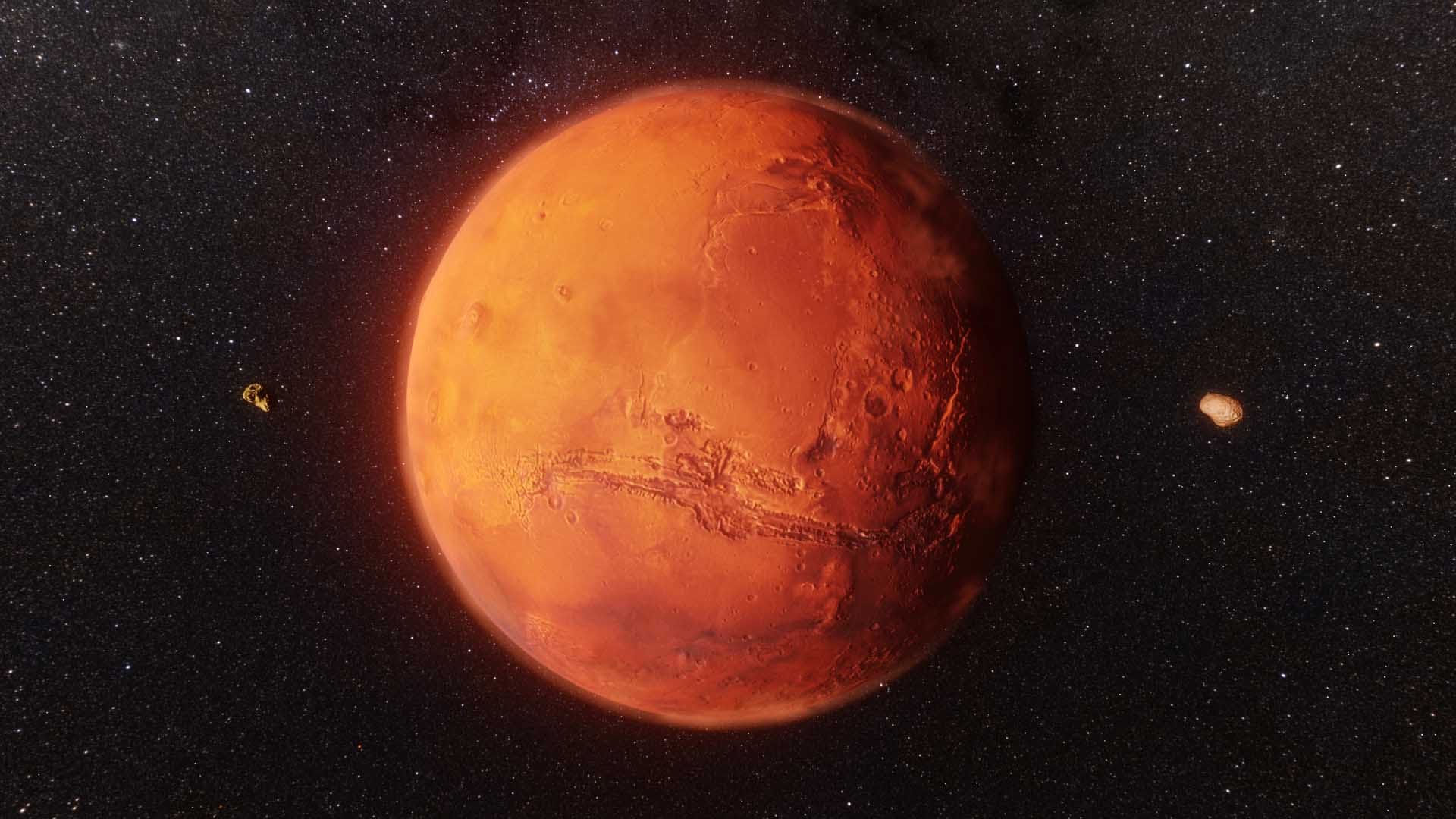Mars, also known as the “Red Planet” due to its soil’s colour, is the fourth planet from the sun and Earth’s neighbour and it holds the potential to possibly host humankind some day.
Humans have long attempted to unravel the mysteries of Mars, and Red Planet Day is observed annually to commemorate the 28 November 1964 launch of Mariner 4, the first spacecraft to land on Mars.
The Mariner 4 spacecraft was constructed to gather data during fly-bys and transmit that information back to Earth.
After nearly eight months of travel, the spacecraft completed a fly-by of Mars on 14 July 1965.
Mars, named after the Roman God of War, retains humanity’s fascination centuries after its discovery, despite having a thin atmosphere primarily composed of carbon dioxide. So, on this special day, let’s look at some interesting facts about the Red Planet.
Tallest mountain in solar system
Olympus Mons, the largest volcano on Mars, is also the solar system’s tallest mountain. This enormous mountain is roughly 16 miles (25 km) tall and 373 miles (600 km) in diameter.
Though it might have formed billions of years ago, evidence from its volcanic lava is so recent that many scientists believe it might still be active.
orbiting ring
Scientists speculate that Phobos, Mars’ largest and most enigmatic moon, will eventually be torn apart by gravitational forces. This will lead to the formation of a debris field that will eventually settle into a stable orbit and form a rocky ring around Mars similar to that of Saturn and Uranus.
Similar landmass to Earth
Interestingly, while Mars is about half the diameter of Earth, its surface has nearly the same area as Earth’s dry land. Also, Martian surface gravity is only 37% of Earth’s, meaning you could leap nearly three times higher on Mars.
Parts of Mars reached Earth
Bits of planets are blasted off over time as celestial objects like large asteroids hit them. These impacts release a massive amount of ejecta that actually throws stuff into space if the impact is significant enough. Hence, pieces of Mars have actually landed on Earth in the past. Called “Martian meteorites, these little pieces of rock have miraculously managed to make it to Earth.
Water on Mars
One of the essential prerequisites for life is thought to be the presence of water on a planet. The findings published in the journal Nature Astronomy provide the first independent line of evidence, using data other than radar, that there is liquid water beneath Mars’ south pole.























